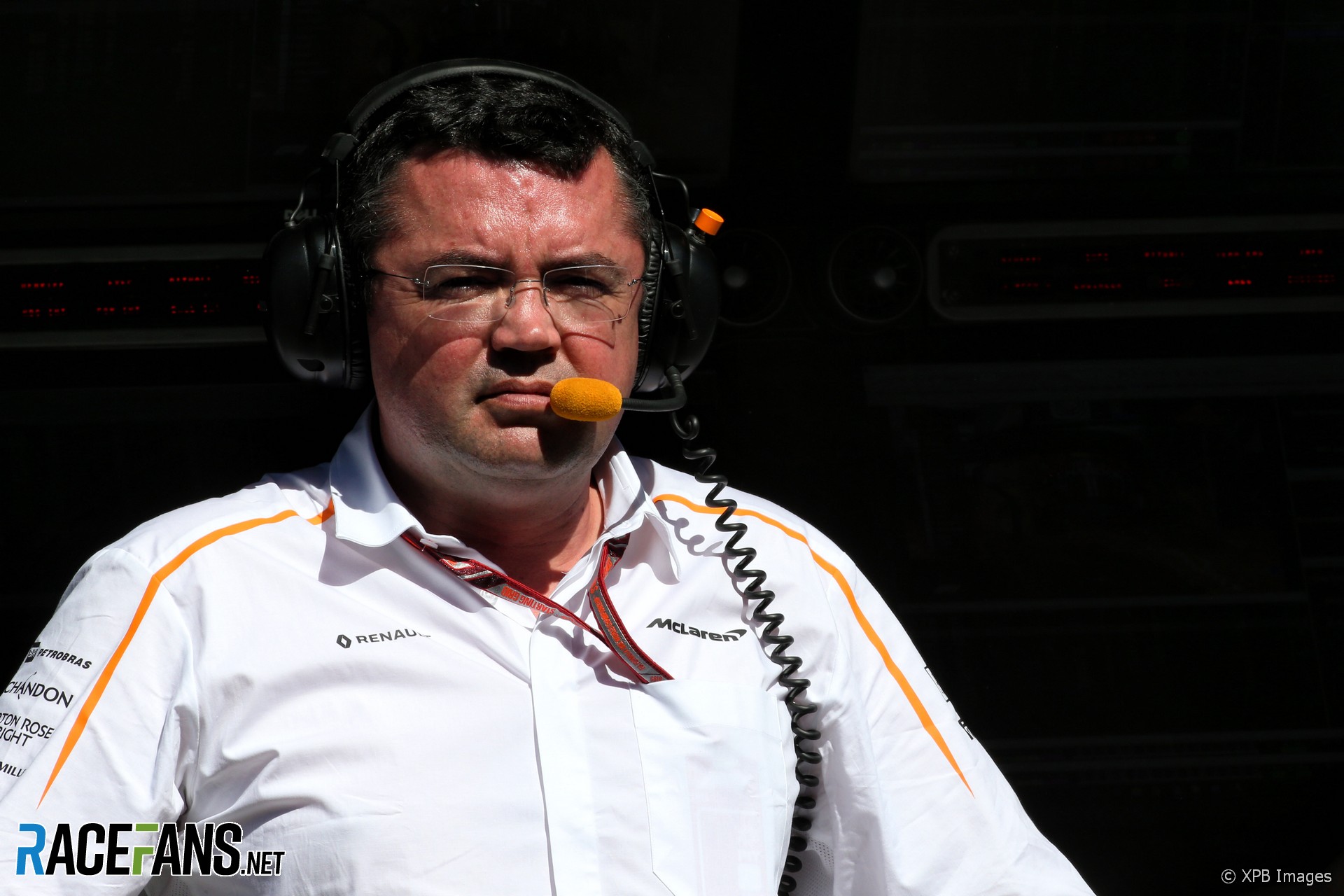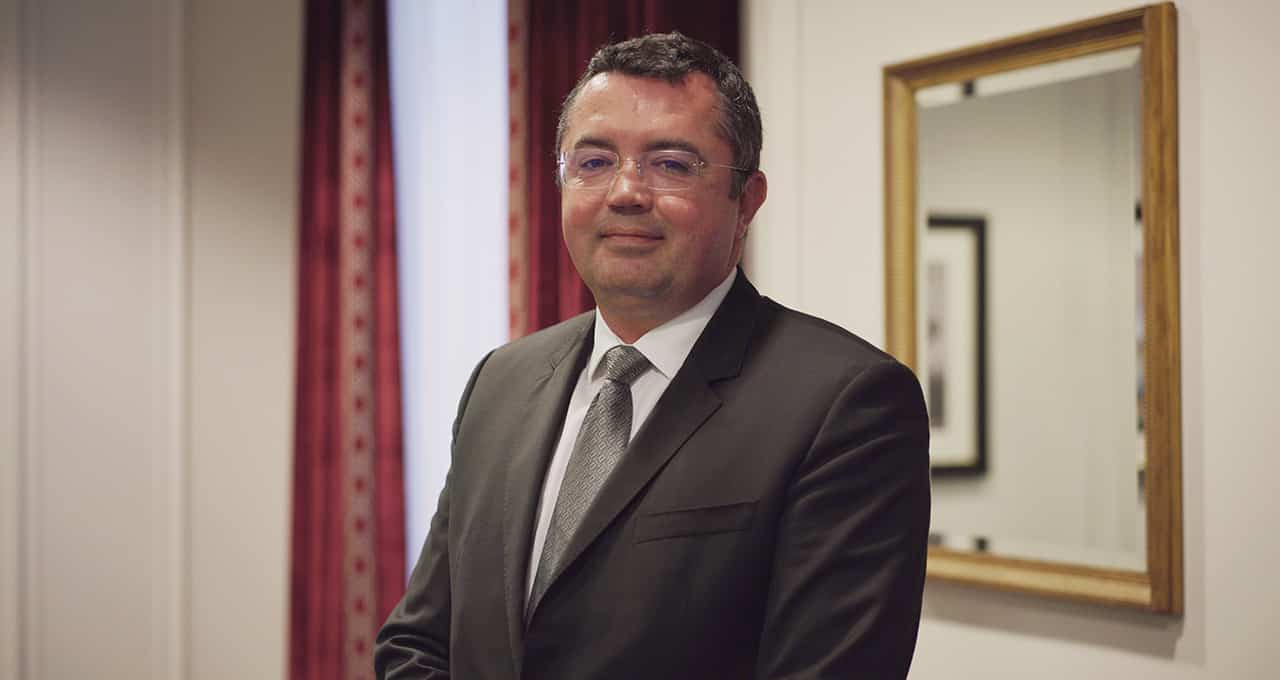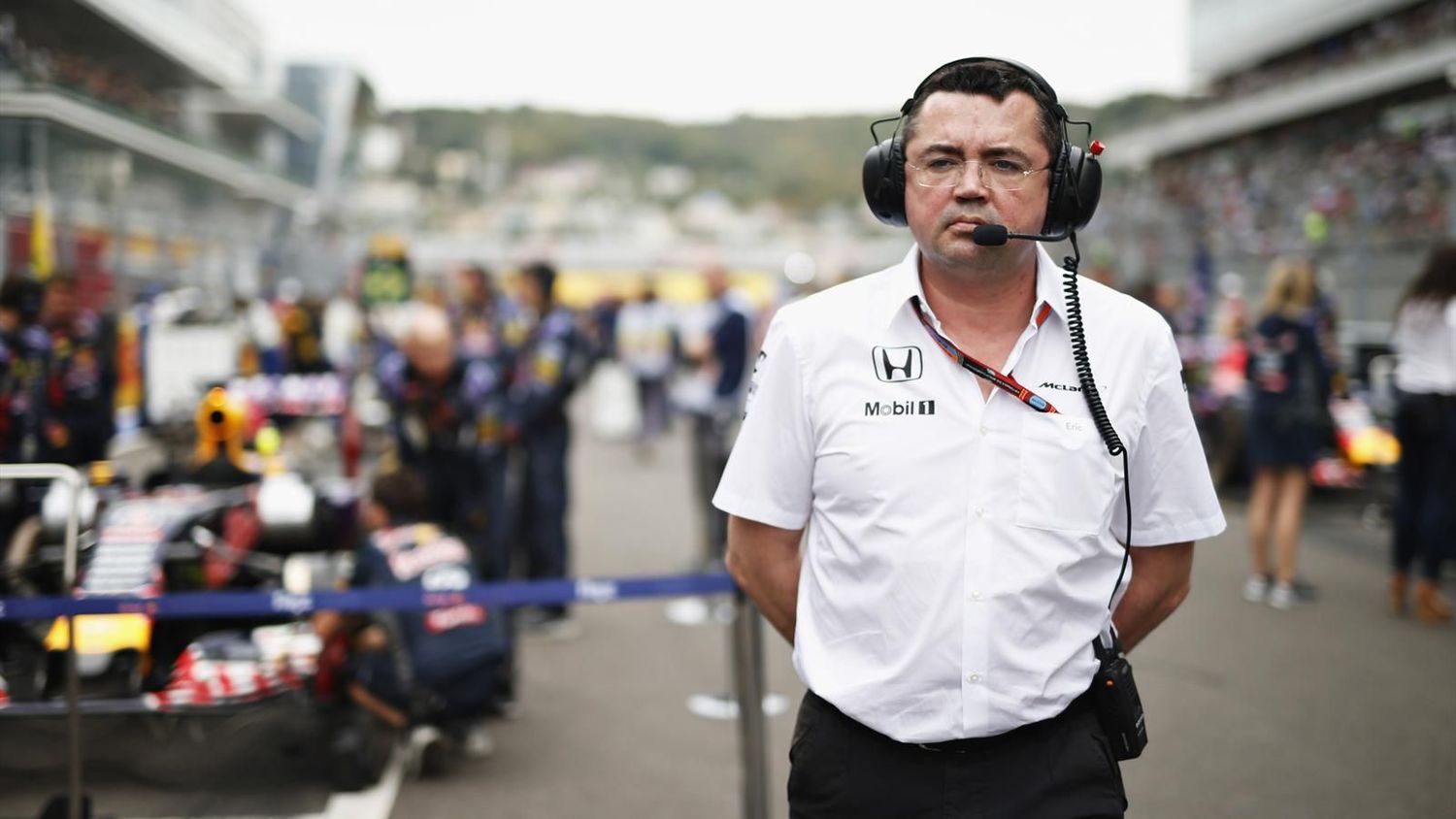So, I’ve been wanting to share some thoughts on Eric Boullier. Not so much about his whole career, but more about what I kinda learned, or rather, what I started practicing observing, because of him, especially during his time at McLaren.

I remember I started really watching him, listening to his interviews. He always seemed to have this calm way of speaking, even when things were, you know, clearly not going well on the track. He’d talk about progress, about development, about the team working hard. And I’d sit there, nodding along at first.
But then, race after race, the results often told a different story. That’s when my little personal “practice” began. I started to really try and dissect what was being said versus what was actually happening. It wasn’t about doubting him personally, more like trying to understand that whole world of high-pressure communication. It felt like there was a script.
It’s like they have to say those things, right? You can’t just go out and say “Yeah, we’re a mess, and we have no idea when it’ll get better.” Who would? So, I got into this habit of listening for the nuances, the unspoken bits. It was a bit of a game for me, trying to see the real picture behind the official statements.
Now, you might ask, why did I get so into this, almost making a study of it? Well, it wasn’t just about Formula 1. I saw this pattern crop up in my own work life, and that’s where the real “practice” kicked in, hard.
I was working on this big project a few years back. We had this manager, let’s call him Mike. Mike was Eric Boullier in a business suit, but without the F1 paddock pass. Every single week, it was the same thing in our team meetings. “We’re making fantastic progress!” he’d beam, “Just a few more tweaks and we’ll be golden!” He’d talk about “synergy” and “paradigm shifts” until our ears bled.

Meanwhile, me and the team? We were stuck in the trenches, dealing with ancient code, impossible deadlines, and tools that felt like they were from the Stone Age. We knew the “fantastic progress” was mostly just us putting out fires and applying sticky plasters. I mean, we worked our guts out, but the core problems were never really tackled. They were just… managed, with words.
My “practice” there was, initially, trying to believe Mike. I really did. I’d think, “Okay, he’s the manager, he must see the bigger picture.” I even tried to explain his optimism to my more cynical colleagues. “Maybe he knows something we don’t,” I’d say, trying to convince myself as much as them. What a chump I was.
But after months, maybe a year, of this, my “practice” shifted. I started getting really good at spotting the fluff. I learned to listen to what Mike wasn’t saying. When he said, “We’ve had a very productive week identifying key areas for improvement,” I learned that translated to “Nothing got fixed, and we found more problems.” It was like learning a new language, the language of corporate bull-talk.
There was this one time, we were about to present a new software version to a client. Big deal. And just hours before, the whole thing crashed. I mean, total meltdown. Mike went into that meeting, cool as a cucumber, and told the client we’d been “conducting an unscheduled, real-world stress test” which had “yielded invaluable data for future enhancements.” I swear, my jaw almost hit the floor. The client actually bought it, or pretended to.
Eventually, that project just sort of fizzled out. No big bang, just a quiet death. And Mike? He got promoted. Go figure.

So yeah, whenever I used to see Eric Boullier on TV, especially in those really tough McLaren-Honda years, I didn’t just see an F1 team principal. I saw Mike. I saw the immense pressure to keep the faith, to project control, even when everything around you seems to be on fire. It’s a tough act, and honestly, I wouldn’t want that job. But it definitely taught me to always look past the official story. That’s been a pretty useful skill to have, I gotta say.
















